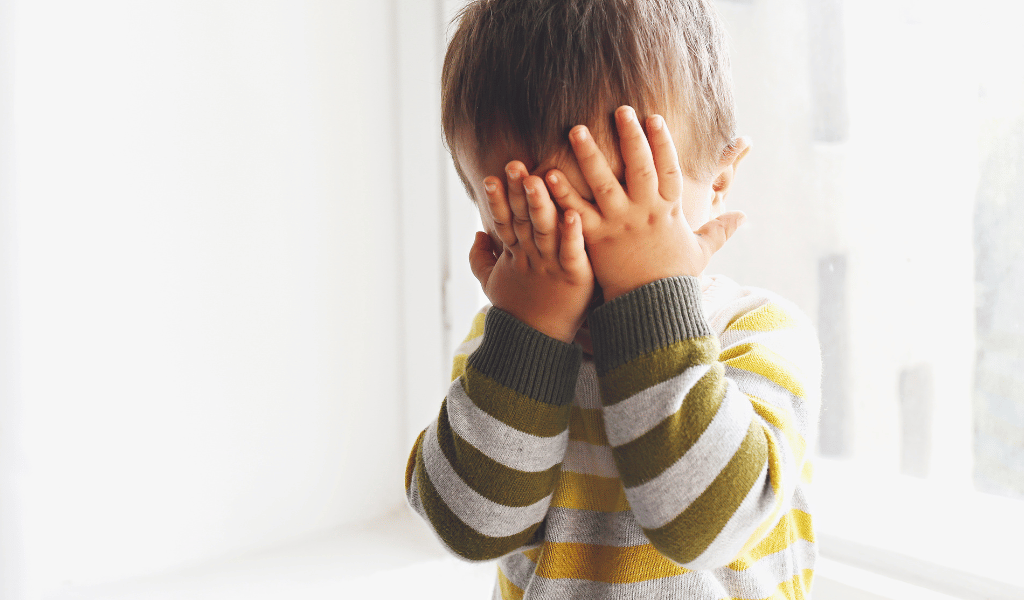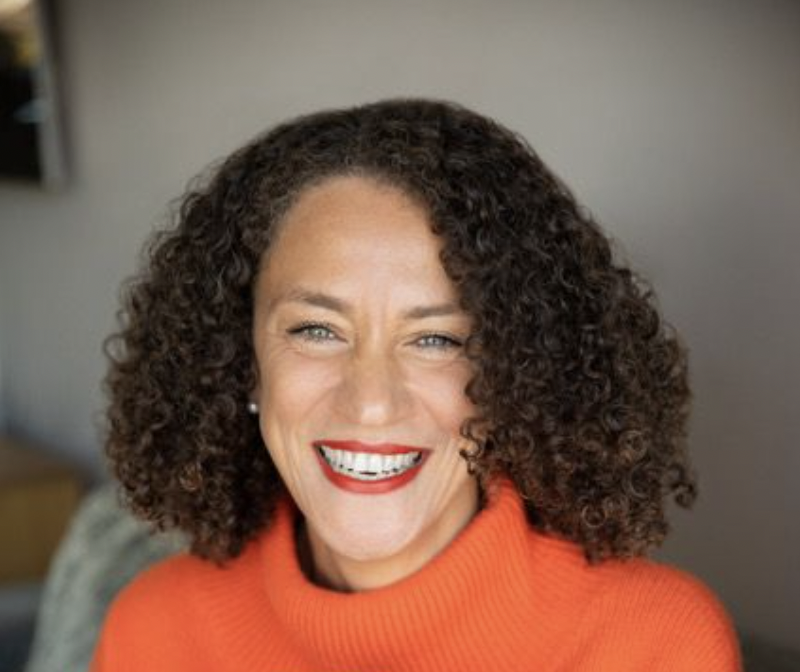Children aren’t born being able to manage their ‘big’ emotions. This skill develops over time through experience, education, and modelling. Yet more and more parents and childcare settings are reporting increasing numbers of dysregulated children.
In an increasingly busy and noisy world for both children and their parents, being able to regulate emotions is crucial for building confidence, resilience, and connection. Whilst some children are naturally more emotionally intelligent than others, it is a skill which can be taught and has been linked to numerous positive adults in adulthood.
When a child experiences difficulties managing an emotion. They struggle to recognise how they are feeling and choose a behavioural response which does not serve them in the moment, for example biting, hitting, or having a tantrum.
The answer sadly isn’t as simple as one or two factors – it’s a combination of many factors. The most common of which are:

It’s best to adopt a two-pronged approach. Children learn more quickly when home and childcare settings use similar language, and the approach to skill-building is the same. The focus ought to begin with – “how can we best manage those big emotions in the moment?”, and “how can we build their emotional skills so they move from dysregulation to regulation more quickly?”
Parents are increasingly anxious when it comes to raising their children. Social platforms have made parenting more public, and the perfectly curated news feed only fuels their anxieties. This can mean parents take ‘perceived’ criticism badly or their own poor self-regulation creates a difficult spiral.
Clearly communicating to parents we are on the same side, they are supported, and there is no judgement is crucial. Every family operates in their own bubble and rarely considers others may be struggling with the same challenges they are. You’ll notice similarities in supporting parents and supporting children – this is intentional.


About the author
Dr Maryhan is a Psychologist, Parenting Expert and Host of globally successful How Not to Screw Up Your Kids Podcast. For over 20 years Dr Maryhan has been supporting children with anxiety and helping parents raise confident, resilient children. Her practical approach has been hailed by parents, schools and organisations and earned her a reputation for straight-talking, non-judgemental, real advice.